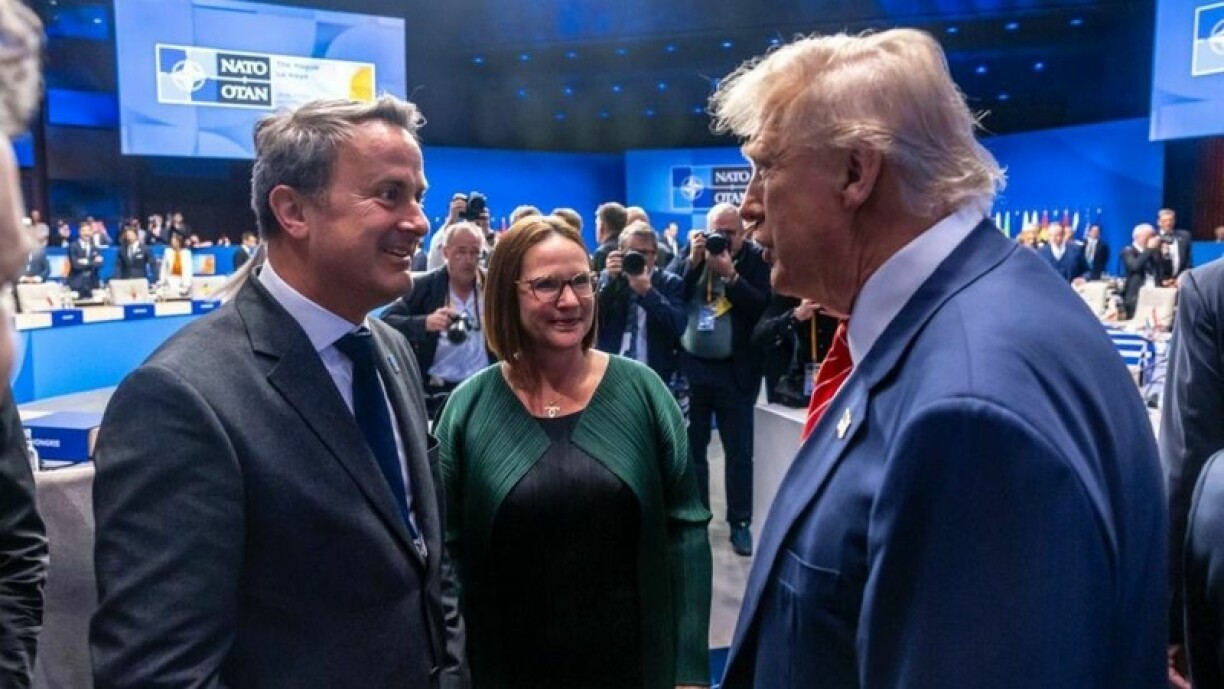
NATO member states have agreed to significantly increase defence and security investments, a move that could also benefit national economies – including Luxembourg’s. While the Grand Duchy lacks a traditional arms industry, the government plans to focus on innovation and research within the defence sector.
To meet NATO’s newly established target of 5% of GDP – agreed upon during the recent summit in The Hague – Luxembourg would need to invest roughly €3 billion annually in defence. Though the figure is substantial, member states will have some flexibility in how they allocate funds.
Minister for Foreign Affairs Xavier Bettel emphasised that Luxembourg has also been assigned a role in air defence, requiring solidarity with allies. However, he stressed the importance of ensuring a return on investment for the country. “What can’t happen is that we just hand out 3 billion in cheques to others,” Bettel stated.
To avoid such a scenario, some NATO members are exploring creative approaches. Italy, for instance, has proposed classifying bridges and motorways as military infrastructure. All allies agree, however, that increased spending should strengthen domestic economies.
Minister of Defence Yuriko Backes noted that Luxembourg’s investments must “make sense” for the country, pointing to satellite technology and research and development as key areas that could benefit local businesses. She also reaffirmed Luxembourg’s commitment to supporting Ukraine’s security, including through contributions from Luxembourg-based companies.
Among the businesses set to gain from heightened defence spending is LUX UAV, a Luxembourg-based company specialising in drone development since 2024. Its systems are already in use by domestic police and fire services, as well as the Luxembourg and Ukrainian militaries.
Nicolas Van Beek, co-founder of LUX UAV, told RTL that government engagement with the company has deepened in recent months. Authorities enquired about the firm’s capacity to produce combat-ready drones, prompting LUX UAV to design models tailored to frontline needs. These specifications led to direct state contracts. “This support has already generated 20 to 30 new jobs in Luxembourg,” Van Beek noted.
The company is also expanding collaboration with local suppliers to source materials domestically – a shift Van Beek describes as both a “necessity” and a catalyst for economic resilience. “There’s now a certain obligation to be sovereign and a little less dependent on former allies,” he said, framing the trend as part of Luxembourg’s evolving defence strategy. “Economically, we’re building an industry that could include around a hundred similar firms, alongside attracting skilled talent back to the country,” Van Beek observed.
Despite the emphasis on domestic investment, Van Beek underscored that international partnerships remain critical for companies like LUX UAV to thrive.